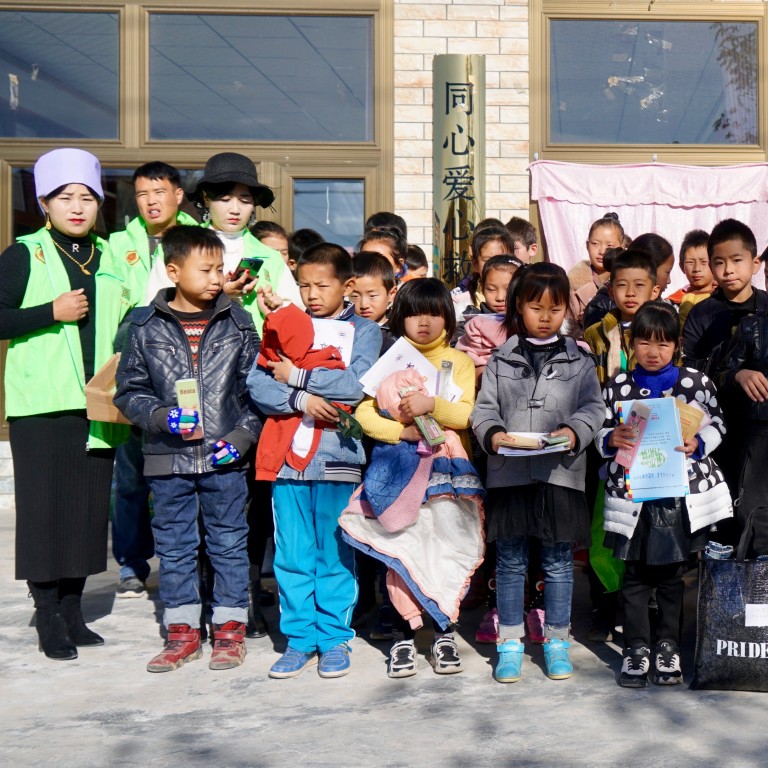
Meet the heroin trafficker’s son who is trying to save China’s ‘drug orphans’ one child at a time
- Peng Lisheng’s life was turned upside down when he learned that his father was in prison for his involvement in the drug trade
- He uses his first-hand experience to help families struggling with the scourge in his remote corner of the country
As a child, Peng Lisheng had only vague memories of his father. His dad was not home often and the few times that he was he would be startled by loud noises at the front gate and sneak out through the back door of their home in Tongxin, a small county in northwest China’s Ningxia Hui autonomous region.
Peng’s mother told him that his father was doing business in a far off city. It wasn’t until 2001 when he came home from school and found his mother crying that he learned what his father was really doing.
His mother had received a letter from his father in a prison in Yunnan province, about 2,000km (1,250 miles) away, saying he had been jailed for trafficking heroin.
His father had been working for a drug lord, carrying heroin from Yunnan to Guangzhou, capital of Guangdong province. He had just boarded the train in Kunming, when police arrested him in possession of more than 200 grams (seven ounces) of the drug, earning him 23 years in prison for trafficking.
In that moment, Peng became a “drug orphan”, one of the many children in the area whose lives have been turned upside down by the endemic drug trade. The experience left deep scars on Peng – so much so that he has set up a non-profit group to help others confronting similar trauma.
Tongxin is home to a mostly Hui Muslim population and is part of an impoverished strip of land known as Xihaigu, an area the United Nations described in the 1970s as “the most unfit place for human settlement”.
It lies in a mountainous area of central Ningxia, afflicted by drought and marginal soil. As China opened up in the 1980s, many people – illiterate and poverty-stricken – left the area and headed south to Guangzhou in search of a better living in trading, Peng said.
Later on, word spread that there was money to be made in trafficking drugs, although most had no idea what heroin was.
Tragedies prompt action call on 'left behind' children
When the opiate arrived in Tongxin in the 1980s and 90s, it spread like a plague, touching almost every household in the county. The men recruited their family and friends to work in the trade, and some even started bringing heroin home and became addicted.
“During the worst times, there weren’t even curtains over the doors. The families sold them to buy more drugs,” Peng said.
He said he was not sure when his father started in the drug trade but knew it was simply a way to make money.
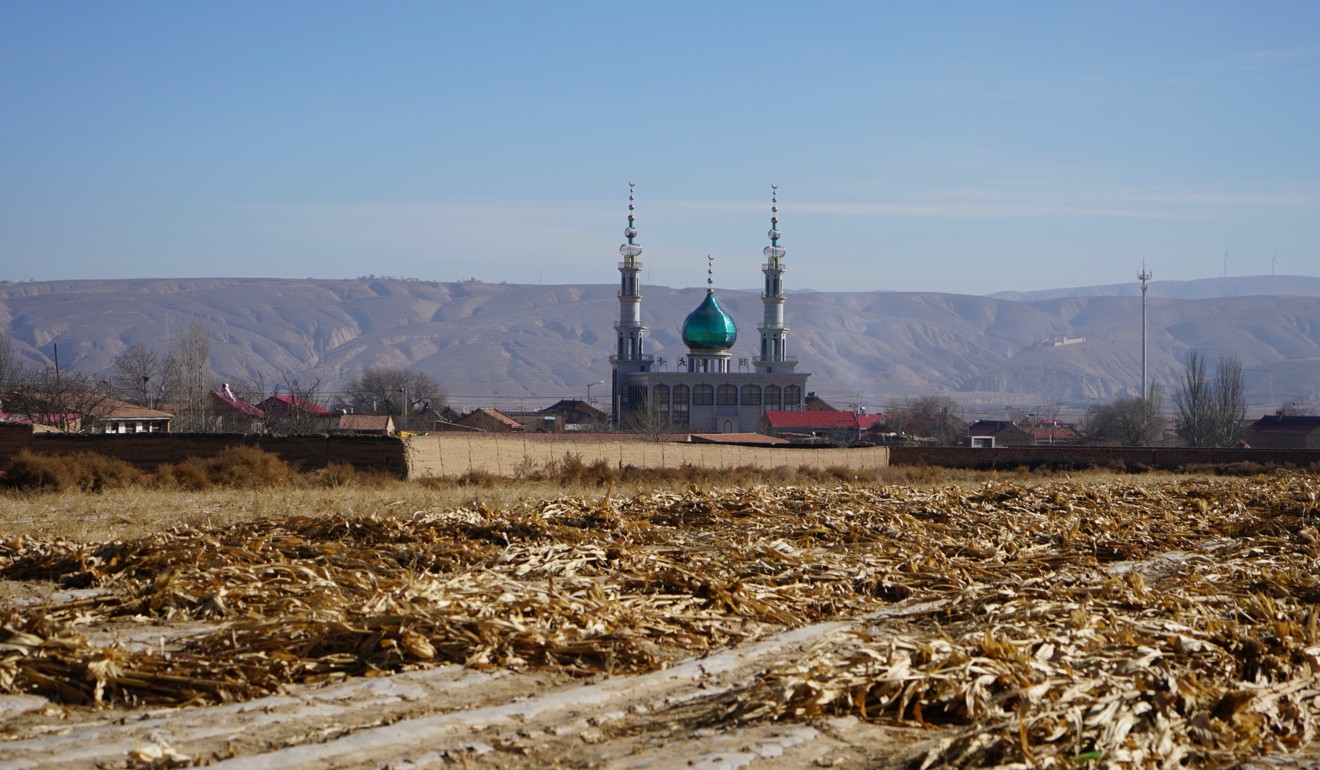
With his father behind bars, Peng dropped out of school in 2004 to support his mother and three siblings. He hopped on a train to Inner Mongolia to find work and spent the next six years, drifting from city to city, from construction sites to restaurants.
One Lunar New Year, Peng had sent all his earnings to his mother and didn’t have enough left over for somewhere to stay. He slept in the doorway of a bank, wrapping himself in a festive poster torn from a window.
In 2015, he went back home and founded an NGO called Tongxin Aid and Assistance, to help children of people imprisoned for drug trafficking. Now 30, Peng hopes children who come from families like his won’t have to go through the same pain.
There is no shortage of people to help – Peng said almost every family in the town is affected by drug trafficking.
A woman in his NGO has married twice, and both husbands have been locked up for their involvement in the drug trade. His next door neighbour’s parents were imprisoned when he was young, and out of ways to support himself, the neighbour ended up working in a circus for seven years.
One of Peng’s friends used to be rich, with a large house, but his father was arrested when he was 17, then the family’s fortunes quickly reduced to nothing.
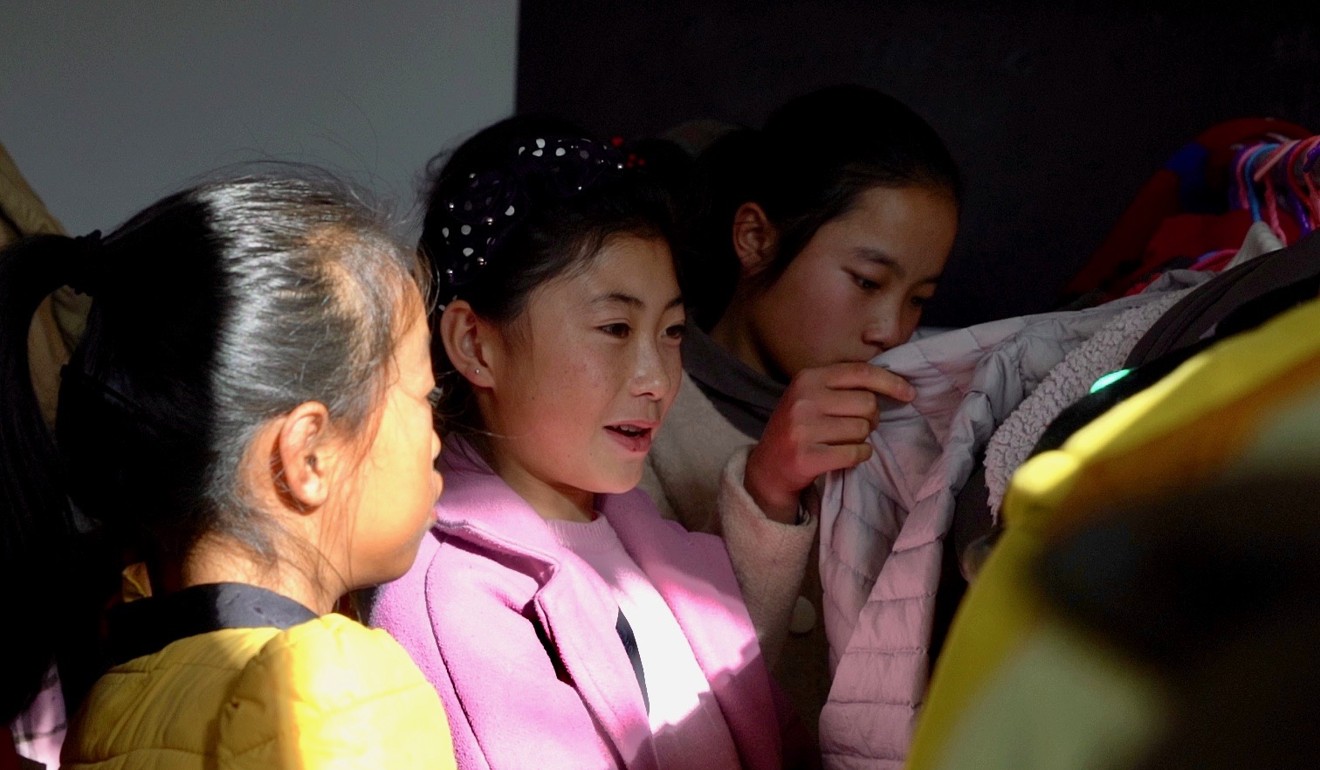
In recent years, the authorities have fought back.
The local government has cracked down hard on the drug trade, imprisoning many like Peng’s father.
According to most recent available figures from Tongxin police, in 2004 there were 1,721 drug traffickers and 746 addicts, with 200 traffickers given the death sentence in a county that then had a population of 325,000.
In 2013, a new local public security bureau chief held a strict campaign against drug use, and life in the town started to improve.
Live from rural China: how a paralysed man found new life as an internet star
Today, markets are bustling and all appears normal. But there are reminders. The walls of some houses are painted with red slogans calling on people to “strike hard on drug crimes, maintain social order”. And hotel rooms have notices listing a hotline number for guests to call to report drug crimes.
Then there are the thousands of children from families with one or both parents locked up for drug trafficking. Peng and a few other young people are trying to remedy the situation.
“The damage may not be healed even in 20 or 30 years,” he said. “Because of drugs, many families fell apart, many children became ‘orphans’. Some children couldn’t go to school after their parents were imprisoned, some went into drug trafficking or became addicts because there’s no parental supervision.”
Tongxin Aid now helps about 50 children, mostly from primary and secondary schools, providing them with clothes, school supplies and food.
Suo Famai, 52, and her three grandchildren are beneficiaries of the NGO. Her two sons and one daughter were arrested for drug trafficking when their children were infants, leaving them all to Suo’s care. She cleans the streets and collects garbage, making about 1,000 yuan (US$150) a month, but it’s far from enough.
“I would have left if it wasn’t for these children,” she said, as the children did their homework on the floor by a dim fire.
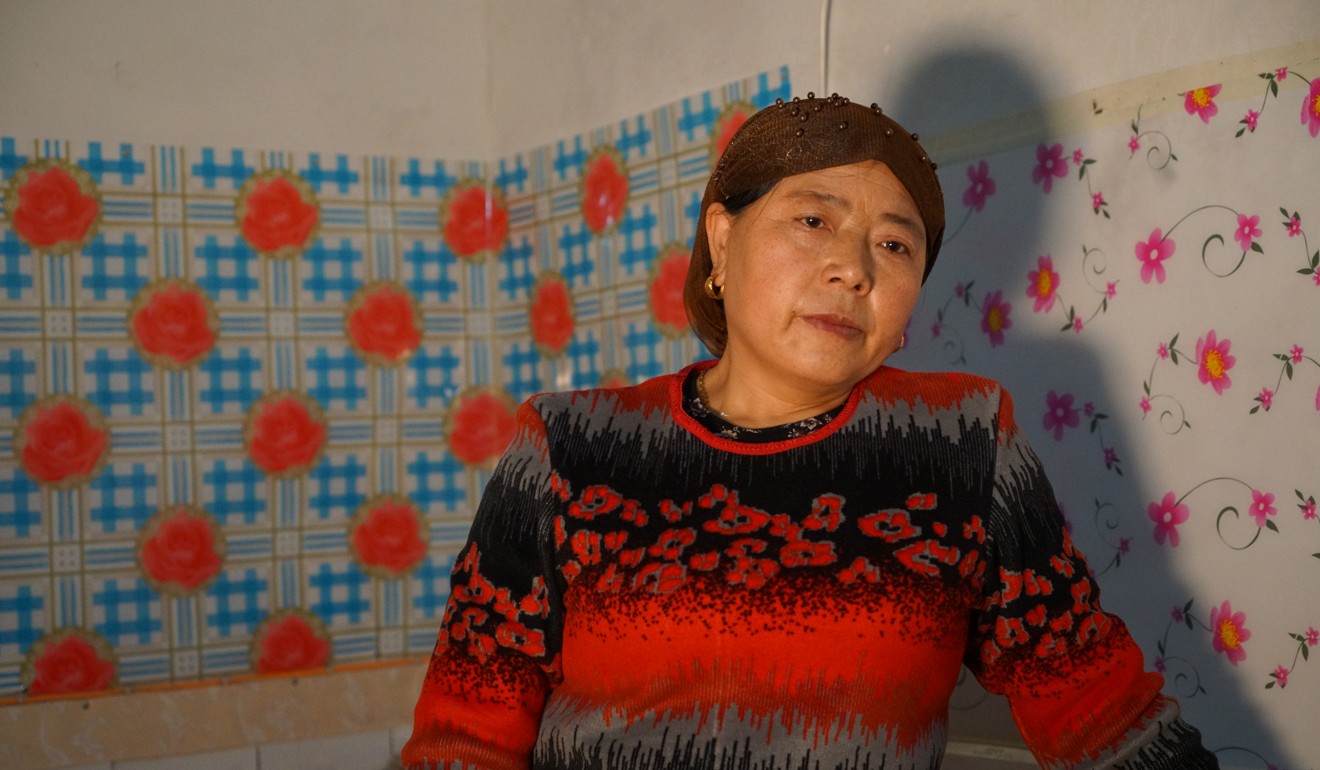
Su Guixiang, a woman in the nearby town of Weizhou, also lost her husband to the drug trade. He went to prison twice for using drugs, and when he came out, he started drinking and beating her. They divorced last year, and Su took custody of their two children.
“The money [I make] is definitely far from enough,” she said. “But there’s nothing I could do. We try to make ends meet, day by day.”
Nevertheless, Peng said his bigger concern was the children’s mental health, prompting him to provide counsellors for the children.
“Because I was one of these children, I know what they need,” he said. “Their biggest issue is psychological. Some are rebellious, some shut themselves down. They are afraid of making a mistake, because there’s no parent to back them up, just like when I was young.”
That’s in part why he thinks it’s important for the children to keep up contact with their imprisoned parents.
‘I was lucky, they weren’t’: why a Wall Street banker quit to help Aids orphans
Peng was 16 when he visited his father in prison for the first time. The shock of seeing him remains to this day.
“He seemed like a different man to the one I remembered,” he said. “When he was home, I remembered him as tall and clean. But when I saw him, he was skinny, short and looked sickly. It was like his skin was only a loose blanket for his bones.”
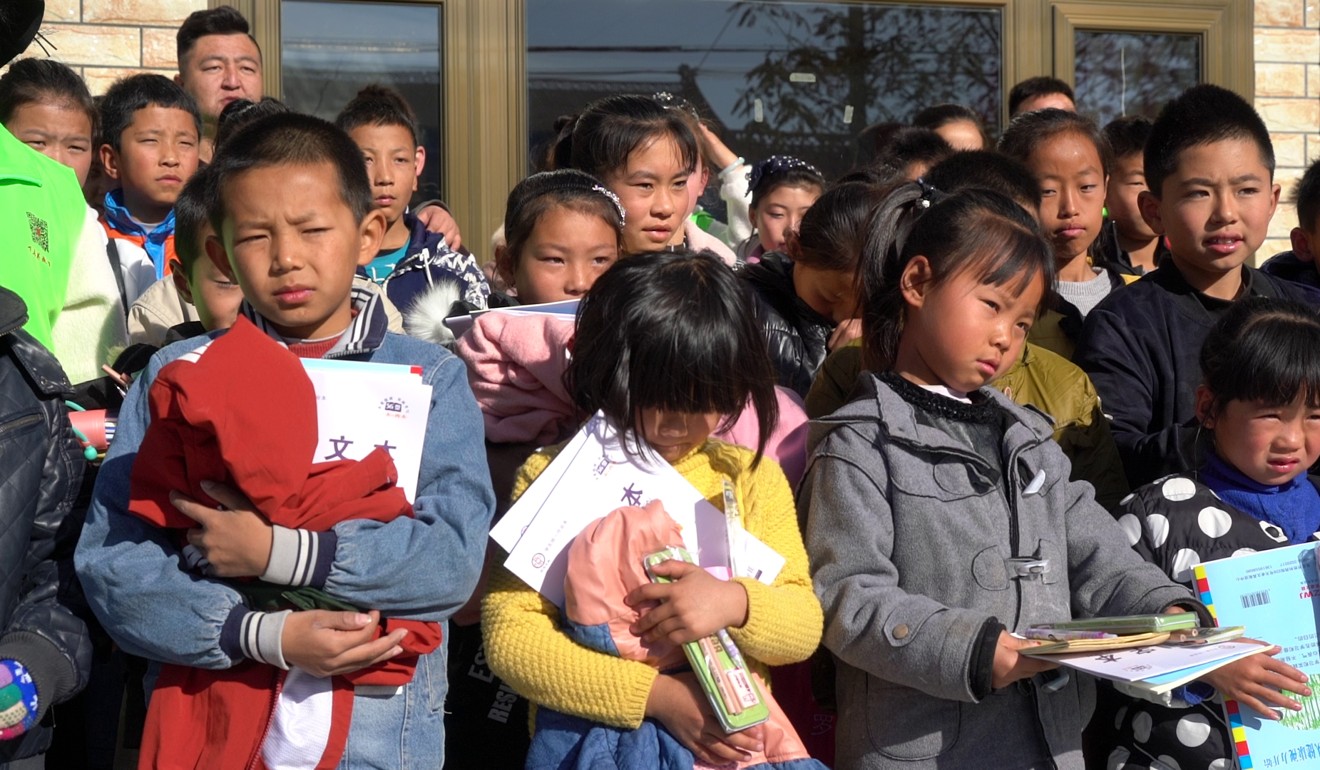
Peng said he broke into tears and wanted to tell him about what had experienced in the previous six years. But he was afraid of worrying him so he said everything was fine at home, and gave him some money. His father stressed again that he should not deal drugs, and the meeting ended abruptly.
Peng now organises trips for children to see their families in prison.
“When we are at the prison, everybody cries – the parents, the children, the volunteers, even the guards,” he said.
It’s just one of the many roles the Tongxin Aid is trying play with already limited resources. When Peng started, he had more than 20 members, and now he’s down to five. But he said he would hang in and this month expanded the programme to include 20 more children from a nearby town.
He said he also wanted to help women whose husbands were in jail to find work or start small businesses so they could make a living and care for their children.
“I don’t dream of changing the scene completely, but we are trying to do what we are capable of to influence some children, and they can go on influencing others,” he said.

.jpg?itok=H5_PTCSf&v=1700020945)